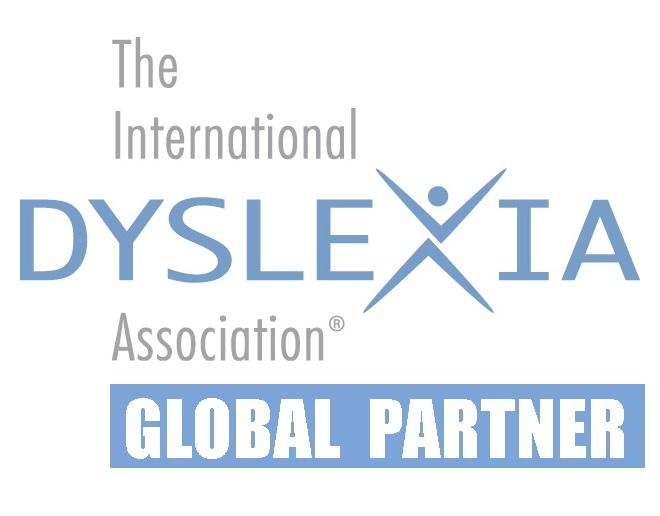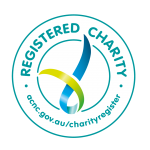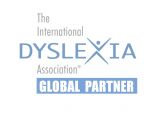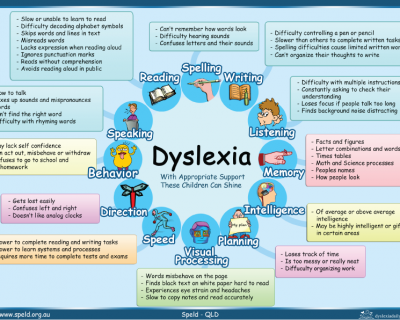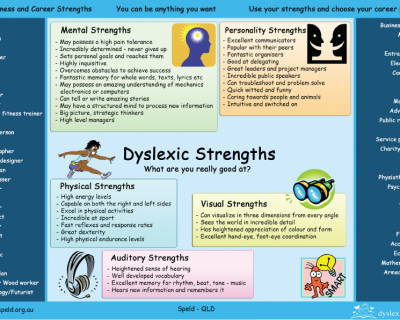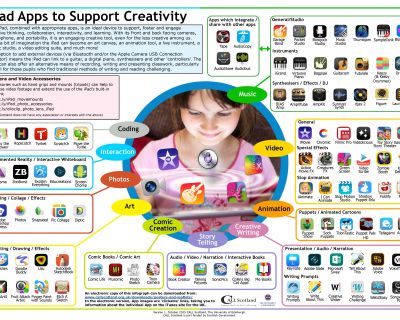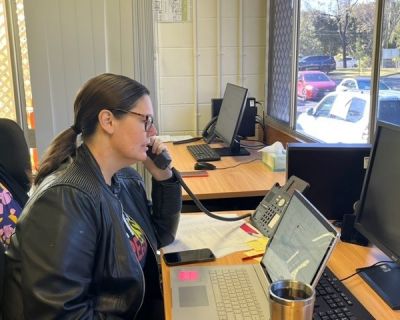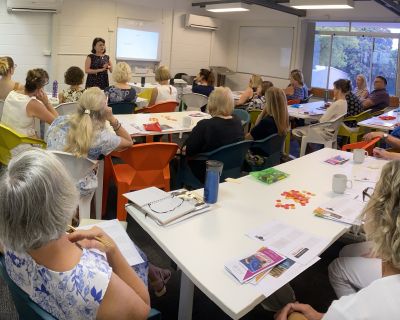Our Partners
The Australian Federation of SPELD Associations (AUSPELD) represents all state and territorial SPELD associations and has a combined membership of more than 10,000 members. Memberships include schools, parents, teachers, and allied-health professionals. The role of AUSPELD is to represent and support the many thousands of children and adults struggling with learning difficulties and disabilities in Australia. Each state-based organisation provides a range of targeted services and resources, specifically designed to ensure that all students can acquire vital skills and experience academic success.
AUSPELD’s goals are:
- To promote an awareness and understanding of the problems and needs of children and adults with specific learning difficulties and disabilities, thereby assisting them to obtain specialised identification and intervention as early as possible; and,
- To promote best-practice teaching, evidence-based intervention, and support for research within the areas of literacy and numeracy development.
The assistance provided to Australian students with developmental learning disabilities at both the federal and state government levels is extremely poor. To address this lack of appropriate support, AUSPELD provides a range of services to support both the students and the professionals who serve them, including advocacy, specialist teaching, professional development, clinical services, access to library resources, and research and development.
The demand for AUSPELD’s services continues to increase. The state branches in Queensland, New South Wales, Victoria, South Australia, and Western Australia respond to well over 1,000 calls per week from community members and to a similar number of requests for information and support via e-mail and website contact.
AUSPELD is proud to be a Global Partner of the International Dyslexia Association. Please visit www.auspeld.org.au for further information about AUSPELD and the services that are available to individuals with learning difficulties and learning disabilities in Australia.




